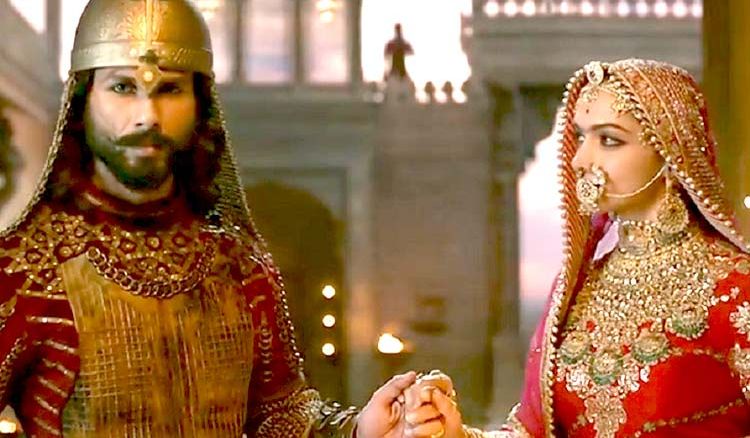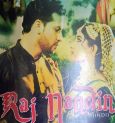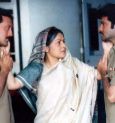That specific streak of brilliance, where opulence and grandeur bows to Sanjay Leela Bhansali’s artistic eye, continues to flourish in his quasi-traditional, highly romanticized Padmaavat - a cinematic approach to Mullick Mohammed Jayasi’s ballad of the Goddess Queen.
The drama unfolds as if upon a chessboard - a tussle between the antagonistic white and the dark, quite literally. A barbaric outlander (Ranveer Singh) with his oversized hair and ego, a gentle yet valiant Rajput king (Shahid Kapoor) and the water-fire laden Rani Padmavati (Deepika Padukone) creates a spectacle of truth and narcissism, blood and honour.
Bhansali’s supposed masterpiece sets off in a blaze of sheer depiction of the Rajputana and the Sultanate, with perfect renditions of the 11th century apparel and jewellery. The set-designing is ahead of its curve which snowballs with the exalted story-telling, brought to life by the acting finesse of the cast. Undeniably, Ranveer Singh’s Alauddin Khilji is awe-inspiring; terror nestled within a lotus exuding raw invincibility. The set of events which unfolds on the silver screen is sure to cause goosebumps, aided by a rather hauntingly beautiful background score. The Ratan Singh - Alauddin conflict weaved through politics and deranged love to finally culminate in the act of ‘Jauhar’; then, magnificence found expression in pain.
Despite bearing the yoke of controversies and violence, Padmavaat emerged, grandiose and subtle. Through the relentless work of the crew, a bygone age was created which bore both the poles of human moral spectrum and the ensemble took the tale to epic proportions, patterned by Bhansali’s genius.
 বাংলায় পড়ুন
বাংলায় পড়ুন














